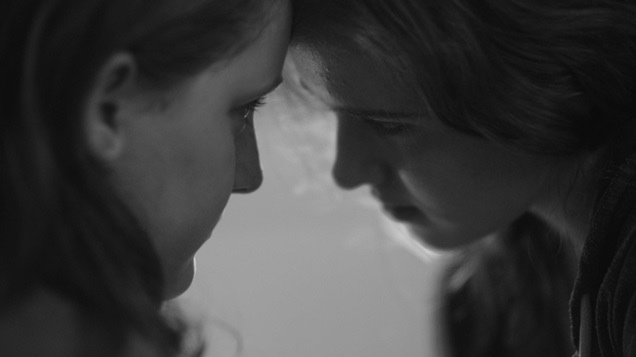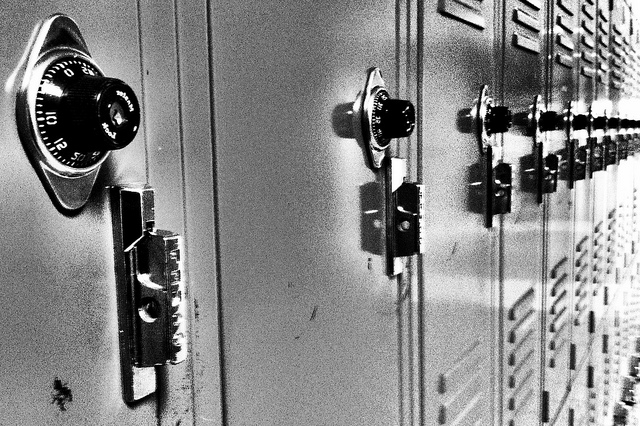
Friends of Teens with Eating Disorders Unsure Where to Turn
During my last year of high school, I tried to help one of my closest friends, Rebecca (name changed), through an eating disorder. I found myself in the difficult position of guarding her secret, yet somehow trying to get her through a mental illness.
So I was eager to see director Sanna Lenken’s, My Skinny Sister at the 2015 Rendezvous with Madness Film Festival in Toronto, a film that captures the pain of a family coping with one member’s eating disorder.
The story is narrated by a young girl, Stella, who discovers that her older sister and role model, Katja, is suffering from anorexia nervosa. Through their complicated relationship, the viewer feels the struggle of wanting to protect a friend or family member from harm, while respecting the right to come forward only when ready.
Stella’s confusion and anxiety resonated with me. Like her, I felt I had to keep my friend Rebecca’s eating disorder a secret, scared of repercussions should anyone find out.

Rebecca’s condition escalated during senior year. She began over-exercising and restricting her caloric intake. At first, the disorder was hardly noticeable. But over time her weight dropped, her face appeared gaunt, her bones protruded.
At seventeen, I felt ill-equipped to handle this. Like Stella, I wanted Rebecca to seek help, but I didn’t know how to arrange it without betraying her trust.
Trying to aid a family member or friend with an eating disorder is very hard. Without resources at school, with no one to turn to, I didn’t know how to begin the conversation. As I struggled to support Rebecca, it became obvious I had no tools to help. One week of anti-stigma instruction that focused on body image and speaking inclusively wasn’t nearly enough.
Many adolescents are vulnerable to personal and friendship crises like these. And some websites help educate teenagers, such as the Canadian Mental Health Association’s (CMHA) site or the National Eating Disorder Association’s (NEDA) site.
But mental health education in high school? Not so much.

That’s unfortunate. Research shows the benefits of educating teachers on mental illness. In a 2014 study published in the journal Child and Adolescent Mental Health, Yifeng Wei and Stan Kutcher at Dalhousie University found that training teachers through a mental health program led to significant development in their ability to identify individuals with mental illness. And their attitudes toward mental disorders improved as well. Teachers were better able to support students, and link them to services.
The Youth Action Committee of Children’s Mental Health Ontario, in 2012, designed a project to identify where schools were deficient in educating mental health issues. The study found a lack of training and education for students, with 39.5% of participants saying they only learned about mental health in one class. There was also a lack of access to resources, such as a designated safe space for students who wanted to discuss these issues in school.
In the end, there wasn’t much I could do to help my friend. Over time, Rebecca sought treatment independently—she got the help she needed.
But not everyone struggling with an eating disorder will seek help on their own. Better education and resources for people coping with mental illness, as well as for those who want to help, would go a long way in providing support.
– Alyssa Carvajal, Contributing Writer
Image Credits
Feature: Darren Tunnicliff on Flickr, Creative Commons
First: My Skinny Sister screenshot
Second: Optimize Your Teaching on Flickr



